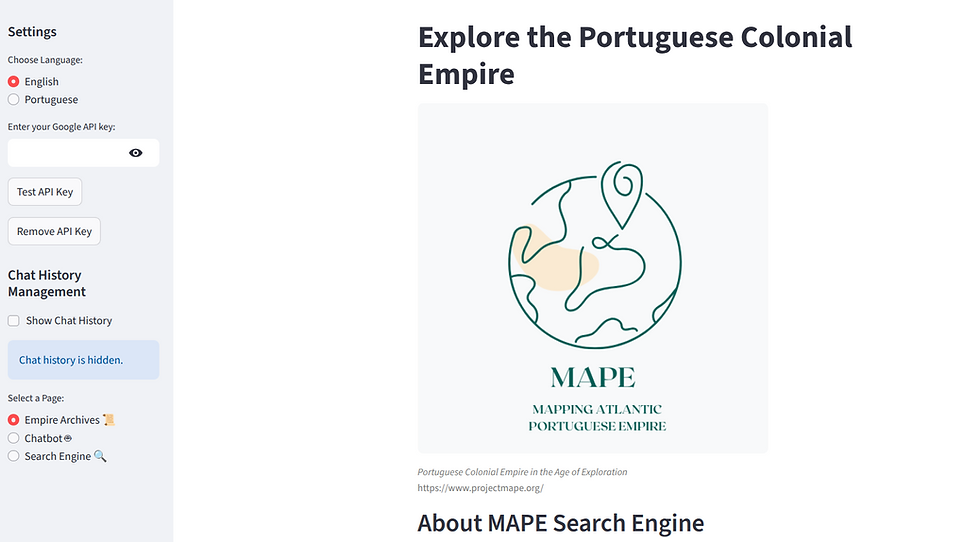Freshly baked! My article on "The Androgynous Codes of Behaviour of Black and Indigenous" is out!
- Agata Bloch
- 1 sty 2023
- 1 minut(y) czytania
Special Issue on Queering Sexual and Gendered Citizenship in the ‘Modern World’; Guest Editor: Alessio Ponzio
This article combines linguistic coding with the category of androgyny to determine the discursive patterns that Indigenous and Black individuals used in their negotiations with colonial authority between 1755 and 1808 in Brazil. The author confronted the language of identity with codes of behaviour to better understand how Black and Indigenous subjects perceived freedom, social condition, slavery, and colonial power. To “measure” androgyny, the focus was on the intersection of gender (women/men), social status (freed/enslaved), and “race”/ethnic group (Black/Indigenous). Next, the author examined the extent to which culturally expected feminine and masculine attributes were reflected in an individual’s self-description. Finally, the author discussed who the “miserable vassals” were and what their functional aspects of androgynous codes of behaviour were.
Keywords: androgyny, colonial Brazil, enslaved, Indigenous, linguistic coding, petitions
DOI: 10.3138/jh-57-3-2022-0070




Komentarze